While more common in Chevy and Dodge vehicles, P0452 is a generic OBD-II code that’s supported by various makes and models. However, keep in mind that diagnostic and repair steps may differ depending on the specific vehicle that you own.
In this article, we discuss what the P0452 code means. You will also learn what could possibly trigger this code, as well as the common symptoms associated with it.
What Does the EVAP System Do?
Your vehicle’s EVAP system captures raw fuel that is evaporated from your fuel tank and other components of the fuel storage system, such as the filler neck and fuel cap. After capturing raw fuel vapors, the EVAP system sends these vapors back to the combustion process.
For an in-depth look at what the EVAP system does for your car, you can read our advanced technical discussion about how it maintains adequate purge flow.
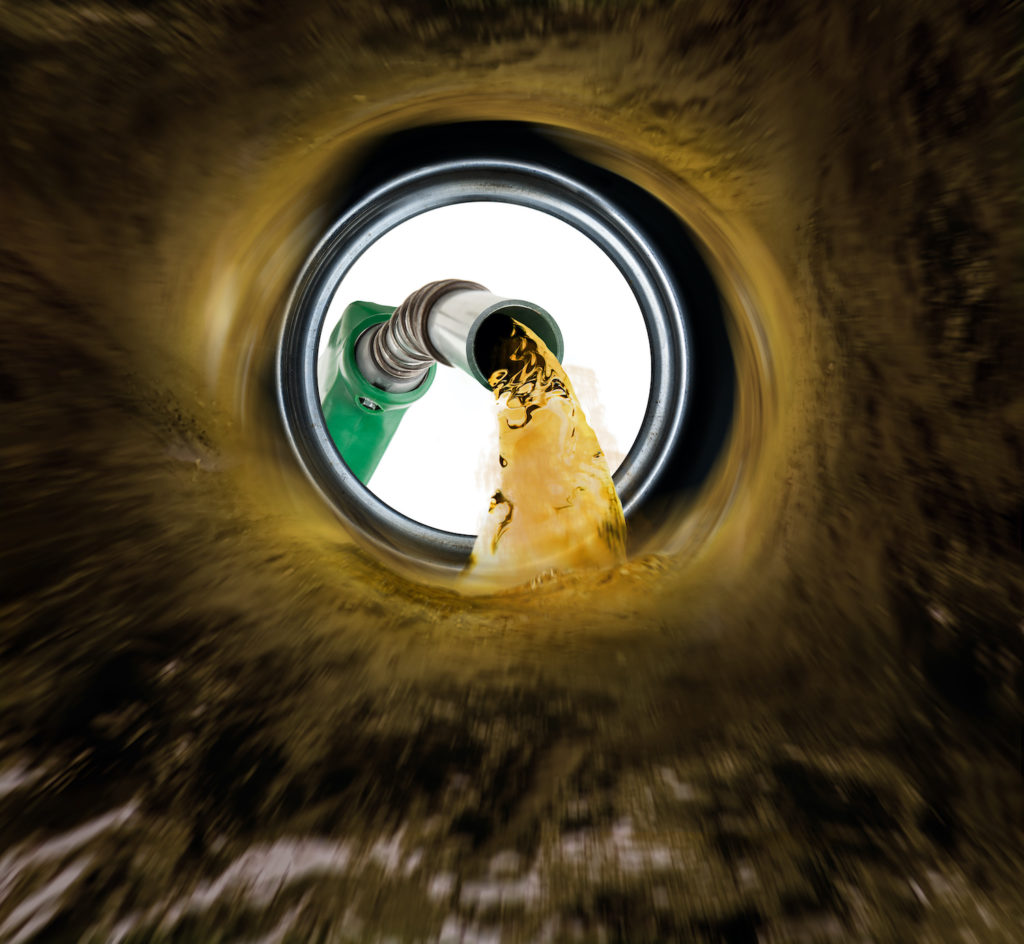
What Does the P0452 Code Mean?
Diagnostic trouble code (DTC) P0452 stands for “Evaporative Control System Pressure Sensor Low Input.” This code is set by the car’s primary computer (often referred to as the powertrain control module or PCM) when the EVAP sensor detects changes in pressure that are below specification. The PCM will trigger a P0452 when the sensor signal falls below a certain threshold for a specific amount of time.

What are the Possible Causes of the P0452 Code?
A P0452 code is most likely caused by a gas cap left loose, which results in a loss of vacuum.
Aside from that, here are the other possible triggers of the code:
- Plugged line
- Faulty or damaged fuel tank
- Faulty fuel tank sending unit
- Faulty fuel tank pressure sensor
- Leaky gasket at the fuel pump module
- An open or short circuit in the harness to the sensor
- Defective electrical connection to the FTP sensor
- Pinched vapor line
- Broken or cracked positive vapor line to the tank
- Broken or cracked vapor line to the vacuum canister
- Faulty carbon canister
- Faulty canister vent valve (in some cases)
Generally, the code P0452 is not that severe compared to other trouble codes. However, this does not mean that you should disregard it.
Once your check engine light illuminates, it is advisable to have your vehicle checked by your trusted mechanic.
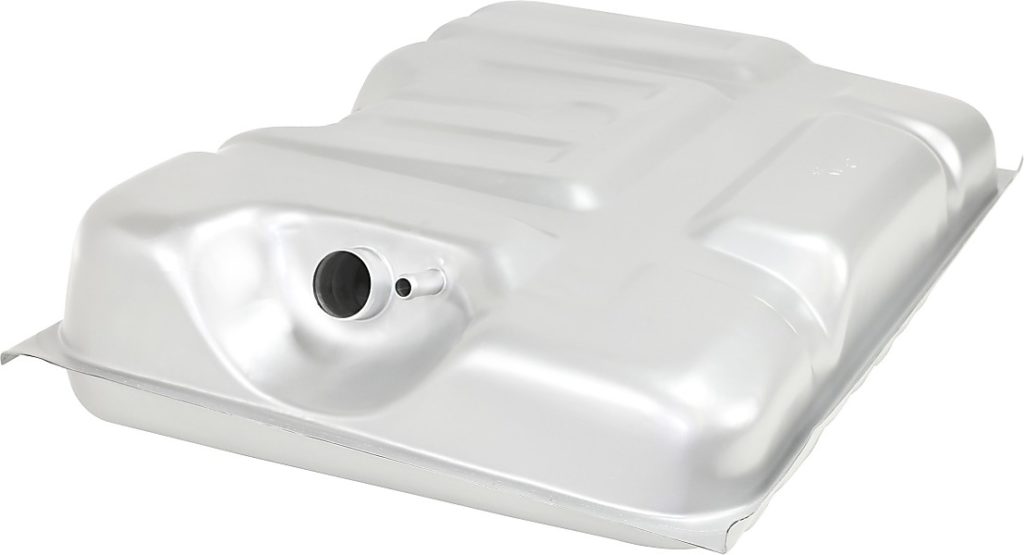
What are the Common Symptoms of the P0452 Code?
In most cases, you will not experience any symptoms related to the P0452 code except for the illumination of the check engine light. You may also notice a distinct fuel odor caused by the fuel vapors.
How to Diagnose the P0452 Code
Many issues can trigger the P0452 code, which can make it difficult to pinpoint its exact cause. When in doubt, it’s best to let your trusted mechanic diagnose the trouble code.
Are you confident that you can determine what triggered the P0452 code with your DIY automotive repair skills? This helpful video reference can help you refresh your knowledge regarding the diagnostic process:
How to Fix the P0452 Code
There is no universal fix for most OBD-II trouble codes, which can make it tricky to resolve the issue without expert help. The solution depends not only on the exact cause of the issue but also on your vehicle’s make and model.
For instance, the documented fixes for a 2010 Chevrolet Silverado 1500 include replacing the FTP sensor, fuel tank vent hose, and the fuel pump or sending unit assembly. Repairing the FTP wiring will also work if there’s something wrong with it. However, these solutions may not work as well for other makes and models.
If you are confident you can fix the P0452 code, identify the issue’s underlying cause. Then, using online auto repair resources and guides, determine the appropriate solution. If you want to be prepared for any other repairs that your vehicle may require, consider getting an ALLDATA single-vehicle subscription.
Finally, make sure that your solution is appropriate for your vehicle’s make and model. Check your owner’s manual before attempting to resolve the P0452 code.
Getting Replacement Parts to Fix Code P0452
If you need to replace the fuel tank, fuel tank pressure sensor, or any of the parts mentioned above, don’t put off shopping for the component you need. Otherwise, the faulty part could cause more issues and even trigger other trouble codes. Fortunately, getting a replacement that fits your vehicle is easy at CarParts.com.
Our parts come from the most trusted manufacturers in the industry, so you’re sure to get one that’s built to last. In addition, our warehouses are strategically located all over the US. Shop today, and get your order in as fast as two business days.
Use your mobile device or computer to visit our website. Then, fill out our vehicle selector and adjust the filters to view compatible parts that match your preferred brand, price, and features.
Check out our catalog and shop now to resolve DTC P0452 in no time.
Products Mentioned in this Guide
Any information provided on this Website is for informational purposes only and is not intended to replace consultation with a professional mechanic. The accuracy and timeliness of the information may change from the time of publication.


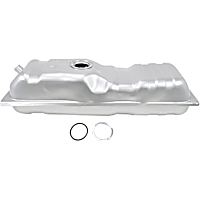 Fuel Tank
Fuel Tank
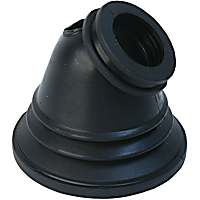 Fuel Filler Neck
Fuel Filler Neck
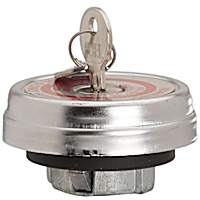 Gas Cap
Gas Cap
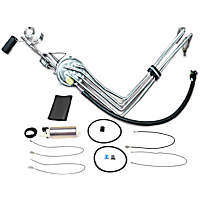 Fuel Sending Unit
Fuel Sending Unit
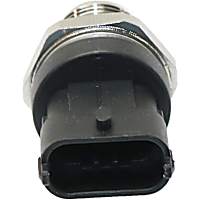 Fuel Pressure Sensor
Fuel Pressure Sensor
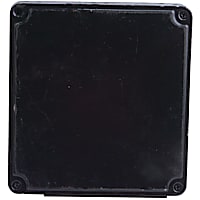 Engine Control Module
Engine Control Module














